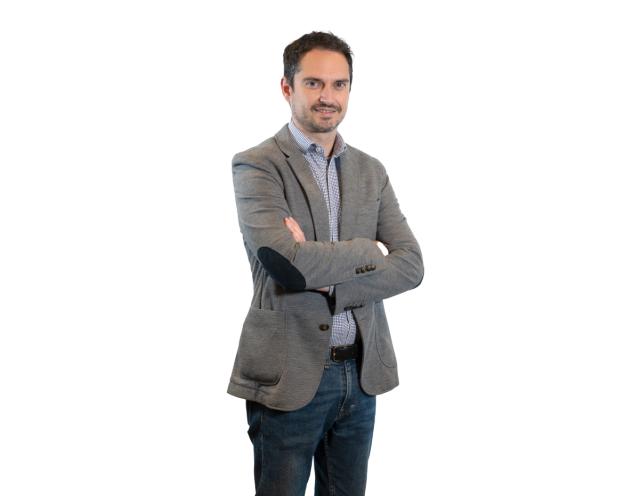.jpg&width=640&format=webp&quality=90)
#2 SUSTAINABLE AND SMART PACKAGING
#2 SUSTAINABLE AND SMART PACKAGINGLiving Lab #2: Sustainable and smart packaging
Packaging solution to extend the shelf-life of packaged products and facilitate stock management
Development of an innovative packaging solution for oily fish made from compostable materials and with an integrated freshness label to reduce food waste.
In this Living Lab we aim to solve a big food waste problem by determining the shelf life of fresh fish in supermarkets accurately.
In 2020 FAO estimated in the report 'The State of World Fisheries and Aquaculture. Sustainability in action' that approx. 35% of fishery and aquaculture catches are lost or wasted each year.
Furthermore, a market study on date marking and other information provided on food labels and food waste prevention carried out by the European Commission has estimated that 10% of the 88 million tonnes of food waste generated in the EU annually is due in one way or another to date labelling misunderstanding or misinterpretation.
If we find a smarter solution for determining the shelf life of fish products and correctly labelling them, we can reduce unnecessary waste and lessen the strain on the wildlife in our oceans.
Did you know?
- Approx. 35% of fishery and aquaculture catches are lost or wasted each year.
- 10% of the 88 million tonnes of food waste generated in the EU annually is due to date labelling misunderstanding or misinterpretation.
Packaging solutions with improved barrier properties
Freshness label to visualise shelf life
4) Moreover, a colorimetric freshness label and a reading application will be integrated to determine more accurately the shelf life, as well as extend the current expiry date when the product is still safe to consume.
The goal of this label is to transform its visual indication (colour change) into remaining product shelf life to provide information to retailers about state of the product and to facilitate better stock management.
.jpg&width=640&format=webp)
Mobile app reveals status
5) A mobile application will also be developed for reading intelligent labels through colour change and providing details on the status of fresh oily fish to marketers and suppliers.
If successful, the benefit of this intelligent packaging solution will be reduced cradle-to-cradle carbon footprint and less food waste due to better stock management in supermarkets and reduction of good fish thrown away due to uncertainty of its shelf life.
We are in the middle of the developments with all the 5 technologies on progress. A first version of all of them will be ready at the end of 2024.



Take the info with you
Our flyer offers a concise summary – download it now and stay informed.
See video: Systemic Innovation Living Lab 2
Innovative sustainable and smart packaging for fresh food products

